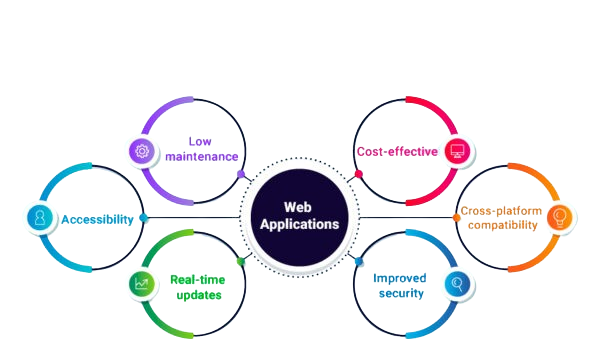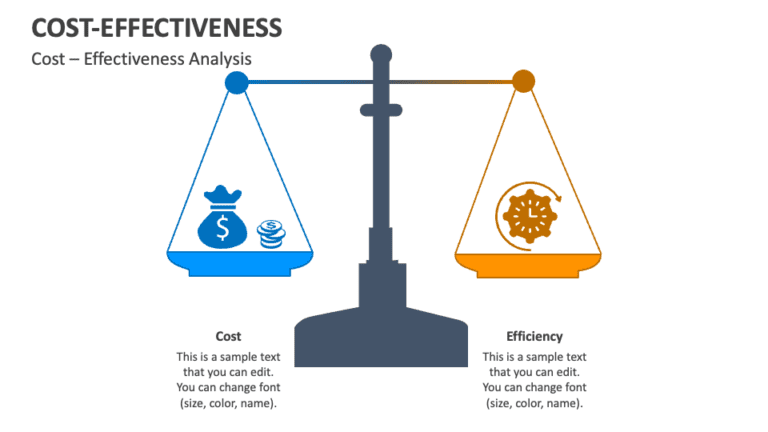- In the ever-evolving digital landscape, the role of Information Technology (IT) companies has become indispensable. These entities serve as the backbone of modern businesses, providing essential services and solutions to propel organizations forward. Among the myriad of services offered by IT companies, web applications stand out as a cornerstone of digital transformation. In this blog, we delve into the significance of web applications in today's business environment, exploring how IT companies harness technology to drive innovation and empower enterprises.
Introduction to Web Applications
- Web applications have revolutionized the way businesses interact with their customers, streamline operations, and drive growth. Unlike traditional desktop applications, web applications are accessed through a web browser, offering unparalleled flexibility and accessibility. Whether it's e-commerce platforms, customer relationship management (CRM) systems, or project management tools, web applications empower businesses to digitize their operations and stay ahead in a competitive market.
- IT companies play a pivotal role in the development, deployment, and maintenance of web applications. Leveraging a diverse array of technologies such as HTML, CSS, JavaScript, and backend frameworks like Node.js or Django, these companies create robust and scalable web solutions tailored to meet the unique needs of each client. From conceptualization to execution, IT experts work closely with businesses to transform ideas into fully functional web applications that drive value and enhance user experiences.
The Advantages of Web Applications
The adoption of web applications offers numerous advantages for businesses across various industries:

1. Accessibility
- Web applications can be accessed from any device with an internet connection, enabling users to engage with the platform anytime, anywhere. This accessibility fosters greater collaboration, productivity, and customer engagement.

2. Scalability
- With cloud-based infrastructure and scalable architectures, web applications can effortlessly accommodate growing user bases and evolving business needs. IT companies ensure that web applications are designed for scalability, allowing businesses to expand their operations without compromising performance.

3. Cost-Effectiveness
- Compared to traditional software development, web applications offer a cost-effective solution for businesses, eliminating the need for expensive hardware and software installations. Moreover, cloud hosting services provide flexible pricing models, allowing businesses to pay only for the resources they use.

4. Seamless Updates
- Web applications facilitate seamless updates and feature enhancements, ensuring that businesses stay competitive in a rapidly changing market. IT companies employ agile development methodologies to iterate quickly and deliver new features in response to user feedback and market trends.

Conclusion
- In conclusion, web applications represent a cornerstone of digital innovation, enabling businesses to leverage technology for growth and success. IT companies play a crucial role in the development and deployment of web applications, harnessing their expertise to create bespoke solutions that meet the unique needs of each client. By embracing web applications, businesses can enhance efficiency, drive customer engagement, and unlock new opportunities for expansion.
